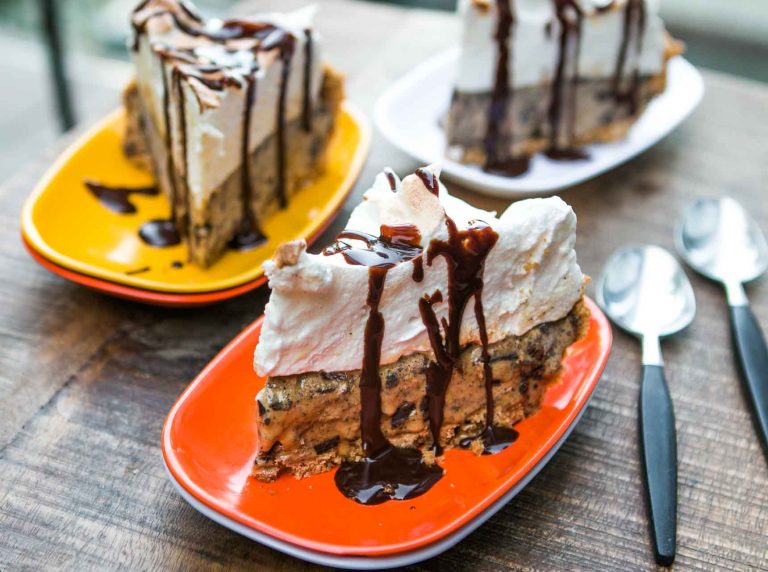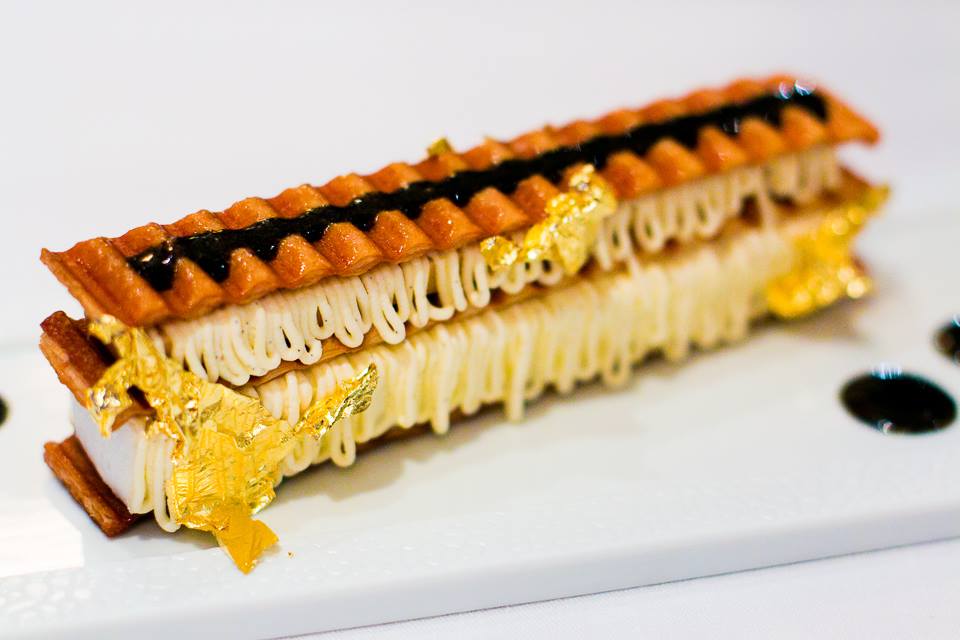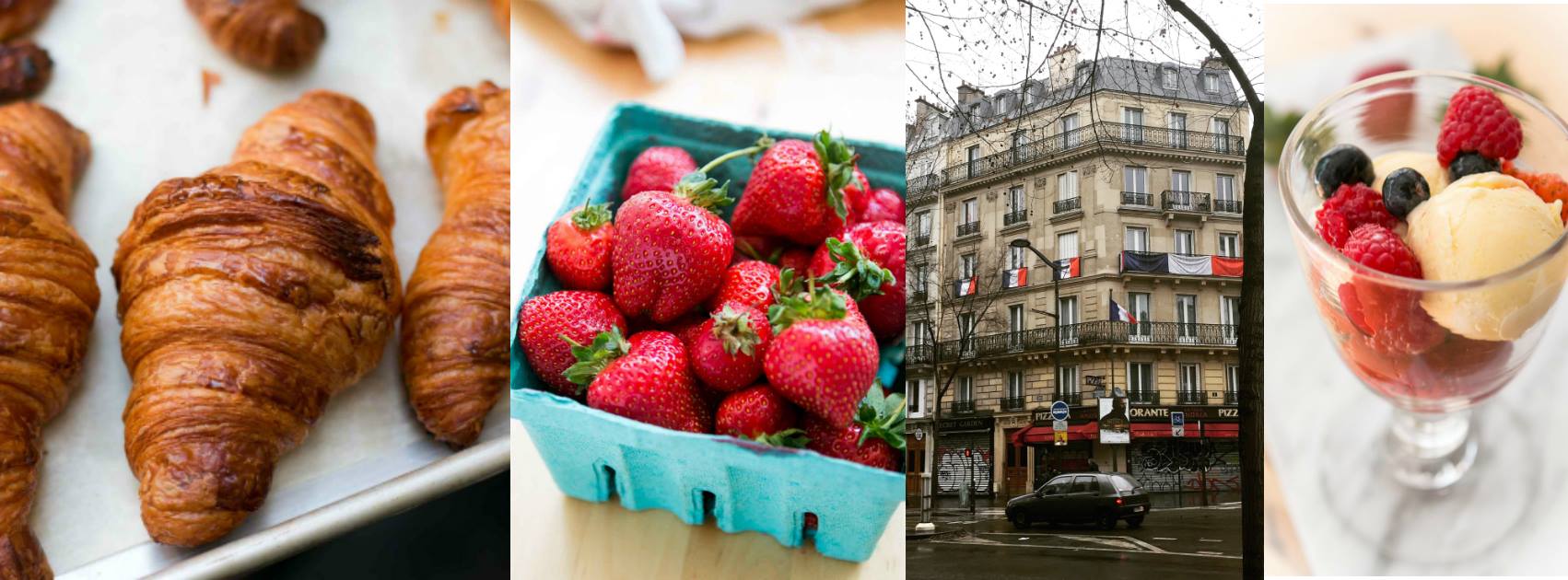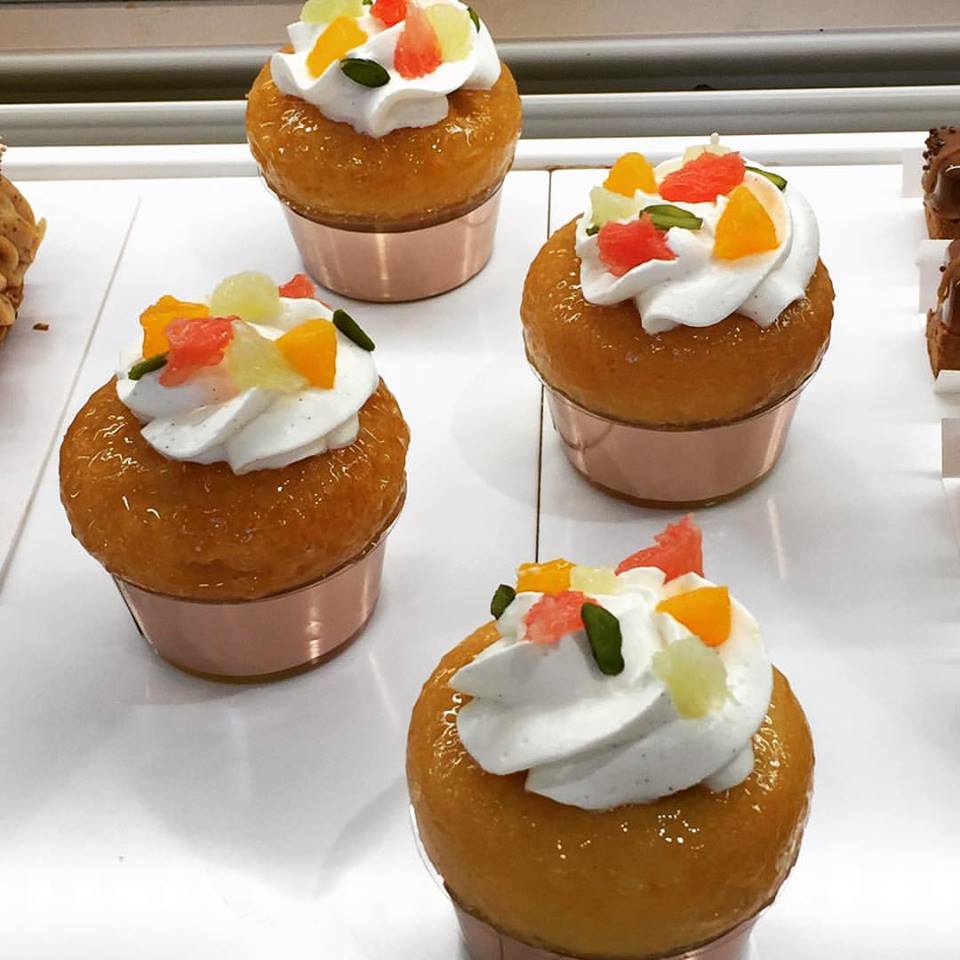David Lebovitz is an American pastry chef and the author of the cookbooks “Room for dessert,” “Ripe for Dessert,” “The Great Book of Chocolate”, “The Perfect Scoop,” “The Sweet Life in Paris,” “Ready for Dessert” and “My Paris Kitchen.” His last book was recognized as the best cookbook of the year by Amazon. He was also named one of the Top Five Pastry Chef in the Bay Area by the San Francisco Chronicle.
In 1999 he left the restaurant business to write books, blog and live in Paris.
Impakter Magazine: David, is there any story behind your career as a pastry chef?
David Lebovitz: I was working as a line cook at the restaurant in Berkeley, California, making savory food. However, I admired very much what the pastry department in the pastry shop was doing. So when the pastry shop opened the vacancy, I applied and joined the pastry department. That’s how my baking story started.
So you had a feeling that pastry field is exactly your niche, right?
D.L.: Well, I think to be a baker at the pastry shop, you need to have a particular kind of the mindset. Speaking for myself, I love working with food, vegetables, and chocolate. I like precision, order, making lists and other things in that direction.
Do you remember the first recipe you made?
D.L.: My first recipe was a simple, fresh apricot tart. That time I was living in California, where you could find plenty of fresh food. Despite it, I have never seen a fresh apricot before.
I remember, one day someone gave me the whole bag of them, and, having no idea what was it, I made a tart from them.
What do you think, can we say that baking is actually a creative process?
D.L.: I can say that pastry process is partly creative. If you make a cake or tart, you can’t just make it up. You need a recipe or at least understand the baking technique, but I think there is a lot of room for creativity, as working with food dessert is always different, you can do creative things with adjusting fruits, like strawberry. However working with chocolate could be a bit different.

What is the most exciting part of the baking process for you?
D.L.: I love doing shopping for my ingredients. I like being at the market and buy food. Buying butter, eggs or anything makes me very happy.
Can you share with Impakter readers how to master cooking skills?
D.L.: Personally, I think you don’t need to spend a lot of time on baking, except, if you want to make something complicated. Admittedly, anybody can bake, like a simple bunch of brownies, or tarts. There are only six ingredients.
If to speak about doing something complicated, like making caramel, you just need to learn the recipe, its technique and repeat it several times. I think it is just the matter of technique and special knowledge.
If we speak about cooking a dish with meat, you need not only a recipe but also to know how hot should be the pot, how much fire should be, how thick meat should be. Undoubtedly, intuition plays a significant role as well.
A lot of people say they can´t bake, but actually, it is just following the recipes and repeating them several times.
You were named one of the Top Five Pastry Chefs in the Bay Area by the San Francisco Chronicle. What do you think was the key to your success?
D.L.: Well, back then, there was a period when California had a trend of doing everything with fresh food. I was part of this movement when pastry bakers were making desserts from fresh food. They were authentic, more homestyle and delicious. I was very fortunate to be a part of this movement.
What is your food philosophy?
D.L.: Well, I am trying to eat fresh food as much as possible. I don’t mind spending money on food I can’t resist high-quality chocolate or a delicious vegetable.
Let’s talk about your books. You wrote seven books, right? Can you tell us what or who has inspired you to write them?
D.L.: Yes, there are seven books. The first book I wrote in 1988. Well, people were asking me for my recipes along many years and I decided to write a cookbook with all my recipes which I had been making for 20 years. All of them are very well-tested and delicious.
Cooking is a collaborative process, and sometimes I ask people with whom I work with, to share their personal recipes for my book. Also when I travel, and I meet someone, I like learning to cook something new from a foreign cuisine. It makes a fascinating story.

Your book “My Paris Kitchen” was named the best cooking book of the year by Amazon. What do you think made it successful?
D.L.: I believe there are many different reasons. One of the reasons is that the book tells stories which are not typical for a book about Paris and its beautiful pastry shops. I think there is a lot of great books about it, but I thought that I would write more personal stories about someone who lives in Paris. I think people like such books, as they want to hear a real voice and read something personal and authentic.
My stories are true, and my books are very French. A lot of French people came to me and said: “David, I love your books, as you understand France.”
 What is your most exciting and favorite story?
What is your most exciting and favorite story?
D.L.: Hmm, there is a story how I learned that we could actually use salted butter for baking. Usually, people say that you should use non-salted butter. However, when I moved to France, I noticed that bakers use salted butter to make a dessert and it is so delicious.
I made a gateau au gratin with salted sugar, and it was incredible. It was a revelation for me! Since that time I’ve used salt and butter in baking. It is so exciting to change your mind about some things, like flavored sugar in baking.
D.L.: Well, right now I am trying to work on my new edition of the ice cream book which was published in 2007. Because a lot of things have changed in the ice cream world, I am releasing a whole new edition.










